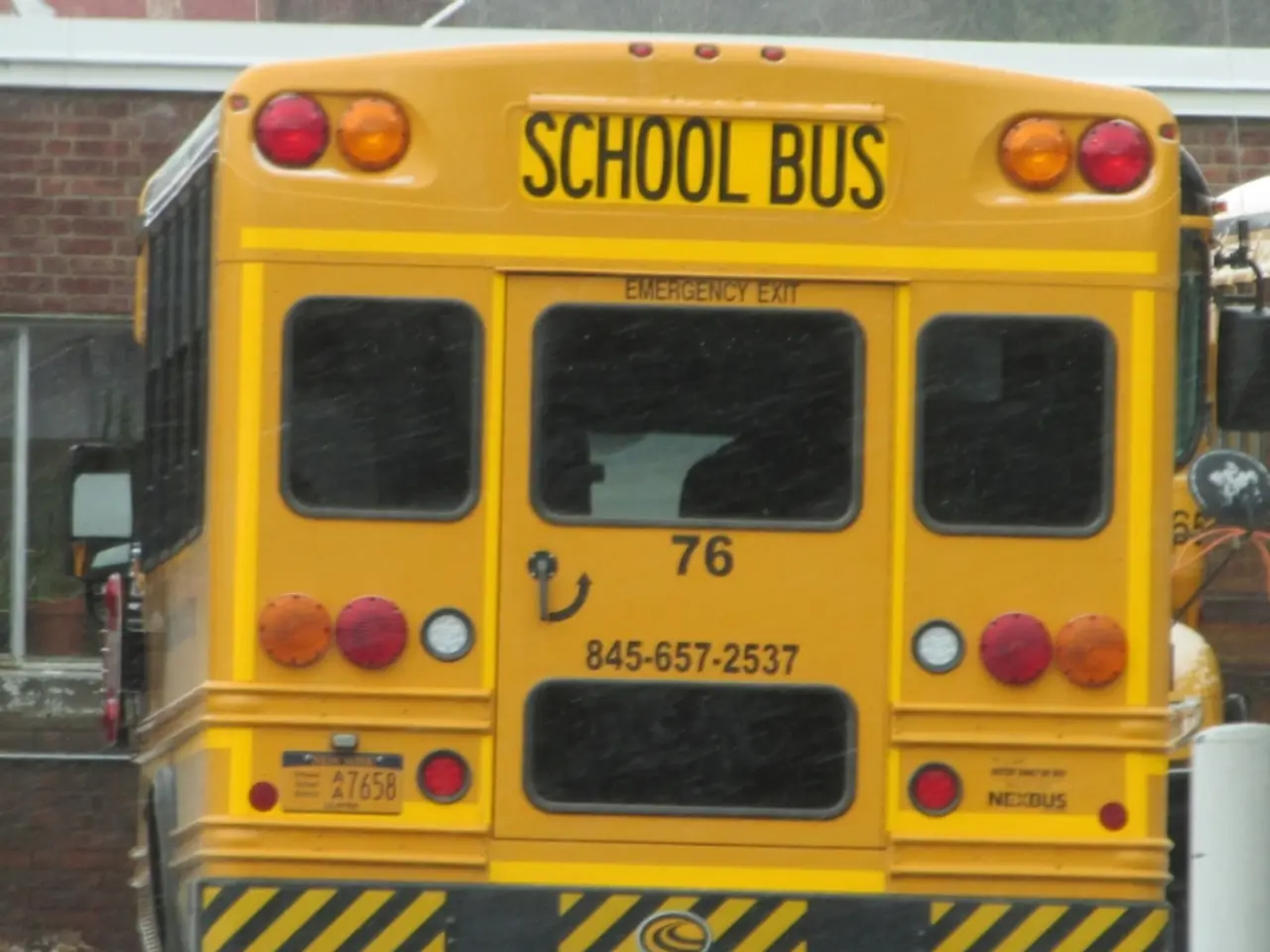Delhi government introduces legislation to control private school fee increases
Delhi School Education (Transparency in Fixation and Regulation of Fees) Act, 2025: A New Era for Private Schools in Delhi NCR
In a bid to address the growing concerns of parents and ensure transparency in private school fee structures, the Delhi government has tabled a new bill – the Delhi School Education (Transparency in Fixation and Regulation of Fees) Act, 2025. Proposed by Delhi Chief Minister Rekha Gupta and Education Minister Ashish Sood, the bill aims to bring about significant changes in the way private unaided schools operate, particularly in terms of fee hikes.
The Act is designed to regulate private school fee hikes through increased transparency, accountability, and structured oversight. Its key provisions and objectives are outlined below:
Regulatory Framework
The Act establishes a three-tier regulatory framework to oversee fee fixation:
- School-Level Fee Committee: Comprising school management, teachers, and parents, this committee is responsible for approving fee hikes up to 15% annually without prior external approval.
- Zonal Fee Regulatory Committee: Acting as an appellate body for grievances and disputes against school fee proposals, this committee reviews and makes decisions on appeals.
- State-Level Regulatory Authority: The central authority to ensure uniform implementation across Delhi and resolve complex cases.
Fee Hike Regulation
Schools may only increase fees once per academic year. Fee hikes beyond 15% require prior approval from regulatory committees. Schools must submit audited financial statements, infrastructure costs, and expenditure reports before proposing fee increases.
Transparency and Accountability
The Act mandates mandatory disclosure of detailed fee structures and financial data annually. Parents are involved in decision-making via representation on fee committees. There is a provision for refunds or rollbacks of unjustified or excessive fees ordered by the Director of Education.
Penalties for Non-Compliance
Monetary penalties up to ₹5 lakh may be imposed for non-compliance. Repeat violations may lead to a ban on holding official positions in school management and loss of the right to propose future fee revisions.
Objectives of the Act
The primary objectives of the Act are to bring transparency and responsibility in private unaided school fee structures, prevent profiteering and commercialization of education, and empower parents in school fee-related decision-making, protecting them from unreasonable hikes.
However, the Act has generated significant debate over whether it sufficiently curbs commercialization or empowers parents effectively.
Key Provisions
The proposed fee structure for three academic years must be reviewed and approved by a regulatory committee by September 15 of each term. Private schools can only hike fees once in three years. Repeat violations will attract penalties ranging from Rs 2 lakh to Rs 10 lakh.
A three-tier regulation and grievance system has been introduced, starting with a committee comprising school management, the principal, teachers, parents, and an official nominee to clear fee proposals. The exact amount of fee hikes that will be considered arbitrary is not specified in the bill.
The bill also proposes a District Fee Appellate Committee to resolve disputes between parents and schools, with a Revision Committee to look at appeals against the District committee decisions.
The passage and implementation of the Act may have significant implications for private schools in Delhi NCR, as they will need to adapt to the new regulations and ensure compliance to avoid penalties.
- The Delhi School Education Act, introduced by Rekha Gupta and Ashish Sood, seeks to impact politics in Delhi NCR by regulating private school fee structures, aiming to prevent profiteering and commercialization of education.
- In line with the Delhi School Education Act, a three-tier regulatory framework has been established to oversee fee fixation in Bollywood-star-studded Delhi NCR, including School-Level Fee Committees, Zonal Fee Regulatory Committees, and a State-Level Regulatory Authority.
- The passage of the Delhi School Education Act in 2025 signifies a significant shift in India's education-and-self-development policy and legislation, ensuring transparency and accountability in private school fee hikes, aligning with the citizens' general-news interests.




